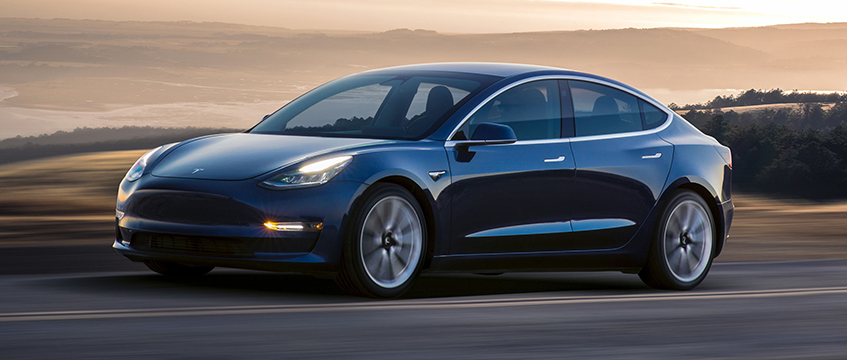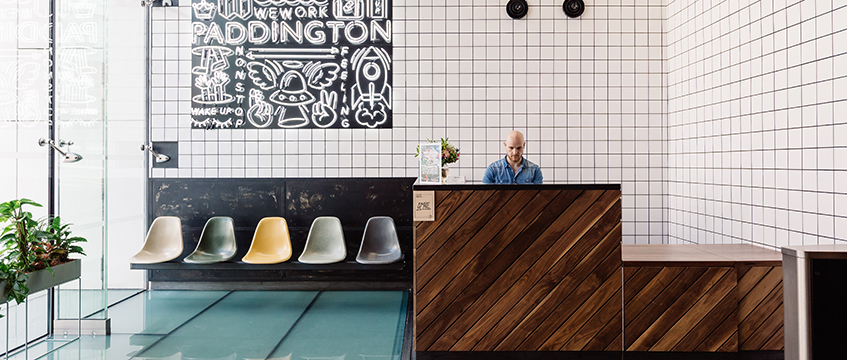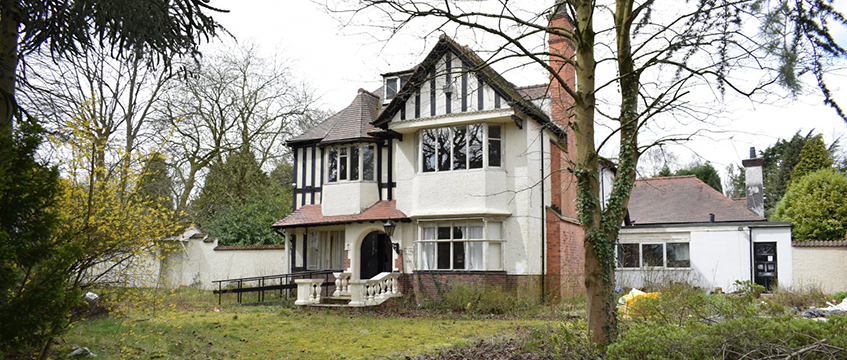If there is one venture capital tech investor that has the power and capital to shape industries, it is SoftBank.
It raised the world’s largest tech fund last year, the $100bn (£78bn) Vision Fund, which is backed with a combination of debt and equity from investors including two of the world’s largest sovereign wealth funds, Saudi Public Investment Fund and Abu Dhabi’s Mubadala as well as mega-corporates such as Apple and Foxconn Technology Group. A follow-on fund is already being prepped by the bank’s maverick chief executive, Masayoshi Son.
It has the ability to turbo-charge businesses to become the leading companies in their field through the swipe of a pen on a large cheque. For some tech firms the dream exit is now not launching an IPO but selling to SoftBank. It looks for opportunities where it can establish global platforms that in and of themselves create powerful data that generate further opportunities.
The Japanese bank’s fund has its 8,207 sq ft headquarters at 69 Grosvenor Street, W1, but also has offices in Tokyo and San Francisco. It is headed by board director and former Deutsche Bank chief Rajeev Misra, although its real estate investments are often led by senior investor and former head of global business strategy for Google, Justin Wilson.
Real estate in a broad sense has been a focus for SoftBank since the inception of the landmark fund as it looks to shake up one of the world’s most traditional industries, focusing on opportunities that can be scaled dramatically. In Wilson’s own words, it is an industry “relatively untouched by technology and remains inefficient and fragmented”. Most eye-catchingly, it has piled into office disruptor WeWork but it has also been funding adjacent businesses at the forefront of their markets in retail, transport and finance.
EG examines the key property-related investments it has made thus far and why.
WeWork
How much has it invested? $4.4bn
Why is it investing? Whether you are a believer or a non-believer, WeWork and its eye-watering $35bn valuation is the name on the lips of every office sector professional around the world. And that is the point – it is around the world. Through undertaking its rapid, aggressive expansion, WeWork has arguably already established itself as the industry leader on a global scale that is so far ahead of its competition that it could be impossible to catch up with. Its expansion across continents, advocates claim, is the ultimate facilitator of flexible working.
Katerra
How much has it invested? $865m
Why is it investing? SoftBank’s investment in the construction tech start-up has helped put Katerra on the map. It is aiming to revolutionise the construction industry by being a one-stop-shop, taking charge of design through to construction and minimising costs and decreasing build times through ensuring materials arrive on site just in time for use. It is also a leader in modular construction and is building factories in Washington and Phoenix focusing on a variety of housing tenures including student accommodation and senior living.
Uber… and Didi, Ola, 99 and Grab
How much has it invested? $9.3bn in Uber alone
Why is it investing? Uber may be the go-to app for cab-catchers in the US and Europe but the company is by no means the dominant player in every major market. As a devout believer in the taxi-hailing app concept, in the absence of a dominant global player SoftBank has built up holdings in leading players in individual companies – Didi in China, Ola in India, 99 in Brazil and Grab, which holds a majority market share in south-east Asia. By controlling market leaders that are themselves gobbling up smaller domestic players, SoftBank is able to exert more control over pricing and margins in each market and by having a global portfolio it has greater visibility over a vast amount of data that shines a light on the behaviour of consumers and how they move around cities.
Improbable
How much has it invested? $500m
Why is it investing? The British virtual simulation firm Improbable, founded by two Cambridge graduates, might conjure images of robots and gaming but the company is linked intrinsically to the world of real estate and development. Through its SpatialOS programme it is looking to recreate whole cities on a virtual basis so the impact of dramatic changes in variables such as infrastructure can be seen in digital form before undertaking the far more risky process of putting them in place in real life.
SoFi
How much has it invested? $1bn
Why is it investing? SoFi is another of SoftBank’s investments that does not really look like a property investment, but it kind of is. Starting off as a peer-to-peer lender for students to refinance their loans with investment from alumni, it has now moved into real estate by sourcing new funding lines from institutional backers and facilities from major banks to provide mortgages in the US. The theory goes that it is better able to underwrite risk than other lenders through analysing individuals’ free cash flow, professional history and education data as well as standard credit history while also swiping away competition by not charging origination fees.
Opendoor
How much has it invested? $0… so far
Why might it invest? SoftBank was in talks with home-flipping company Opendoor to invest $200m in its $325m funding round in June but ultimately did not come to terms. However it is reported to have maintained its interest with the prospect of making an equity play at a later date. The company is a bit like the residential version of We Buy Any Car, but offers both sides of the deal to customers. As a seller you plug in data about your home, an offer is generated by the company in minutes, you review the offer and if you sign the contract the deal is done there and then. If there are repairs that need to be done afterwards they are deducted from the proceeds and the payment is made within a few days. As a buyer you view homes online, you make an offer and if this is accepted you have 30 days to complete but can back out of the deal within the timeframe if you are not satisfied. Opendoor charges a 6% service fee plus additional fees dependent upon the perceived riskiness of the deal that can take fees up to 7%. It also looks to make minor improvements to the homes on its books in order to maximise its return. SoftBank may not be an investor yet but it clearly sees Opendoor as a major disruptive force in real estate transaction services.
Compass, PropTiger.com and Housing.com
How much has it invested? $450m (Compass only)
Why is it investing? Tying in to SoftBank’s general ambition to target businesses that make residential investment transactions more straightforward, it has also been a major investor in portal businesses in the sector. New York-based Compass is seen as a pioneer, targeting a high-income demographic and providing vetted properties that are targeted to specific users based on their personal data. The firm is also widely hailed as having one of the easiest to use and intuitive apps of its peer group worldwide. In India SoftBank was compelled to buy into two of the largest portals in Housing.com and PropTiger in order to take advantage of the growing middle class in the country, which has high internet usage but an opaque online market lined with fraudulent sites, and instigated the merger of the two in order to create one clear, trusted market leader.
Alibaba
How much has it invested? Not a lot but it has made an absolute fortune; it is one of the most successful financial investments of modern times. SoftBank put in $20m when Alibaba was a mere start-up in 2000 and its 32% stake grew to be valued at $75bn when the company first listed in 2014, although it sold $8bn of shares in 2016, leaving it with a 28% stake valued at about $60bn. It currently owns around 26% of the company, which is now valued at around $119bn. The investment pre-dates the Vision Fund.
Why is it investing? Jack Ma’s Alibaba is the only company to be able to rival Amazon in terms of dominance of the online consumer in the global marketplace. An ever-evolving and expanding multi-national conglomerate, it is pushing the boundaries of a multitude of retail-related sectors including AI, electronic payments and cloud computing.

Tesla
How much has it invested? Well, actually it hasn’t: $0
Why not? Talks were held with the company’s founder Elon Musk last year about a prospective take-private deal. However, SoftBank decided against funding the move as it decided it had made its play in the automotive industry through its ridesharing investments and had seen increasing competition from other car makers in the electronic car sector. SoftBank is already a 20% owner of General Motor’s $2.25bn Cruise autonomous vehicle unit.
To send feedback, e-mail david.hatcher@egi.co.uk or tweet @hatcherdavid or @estatesgazette














